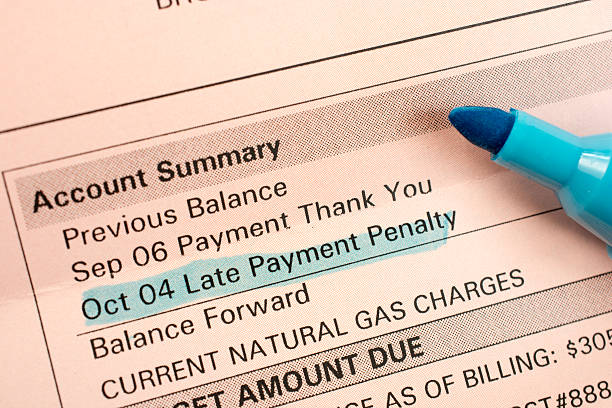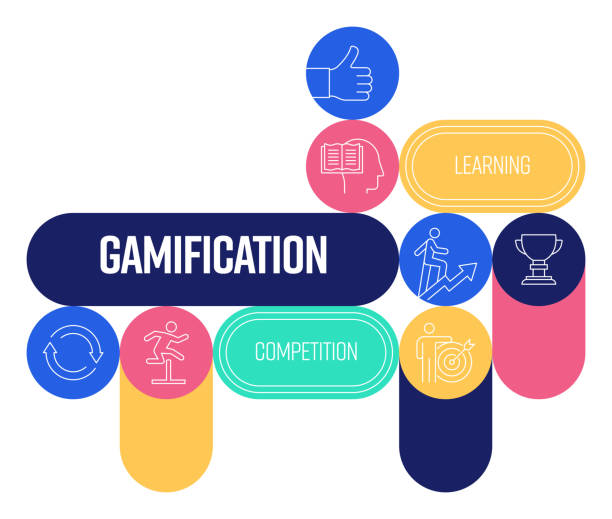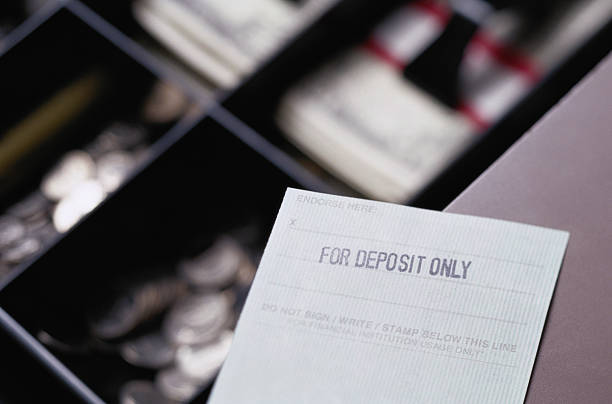
The concept of strategic credit application may seem counterintuitive for someone grappling with overextended personal debt, yet it represents a sophi...
Read More
The journey to repair a credit report while actively repaying debt can feel like navigating a labyrinth. It requires a dual focus: methodically addres...
Read More
In the complex landscape of personal finance, the act of comparing credit cards for existing debt is far more than a simple administrative task; it is...
Read More
In the bustling marketplace of modern business, time is the ultimate currency. For sales professionals, recruiters, and service providers alike, the s...
Read More
The weight of multiple debts can feel paralyzing, leaving many unsure where to even begin the journey toward financial freedom. The question of which ...
Read More
In the complex ecosystem of modern finance, a credit application is often perceived as a simple transactional document—a formality required to acces...
Read MoreClear, specific goals (e.g., saving for a down payment, retirement) provide motivation to avoid debt. When you are focused on a positive financial target, you are less likely to derail your progress with unnecessary borrowing.
Create sinking funds—set aside a small amount monthly for predictable irregular expenses. This prevents reliance on credit when costs arise.
Do not panic. First, verify the debt is yours and the information is accurate. Then, decide on a strategy: either negotiate a settlement (preferably for deletion) or prepare to dispute it if it's inaccurate. Understanding your options is key to managing the situation.
While enrolling in a DMP may be noted on your credit report, it is not inherently damaging. The accounts included may be closed, which can affect your credit mix and utilization. However, consistent on-time payments through the plan can positively rebuild your score over time.
Challenges include the need to aggressively "catch up" on retirement savings while potentially helping aging parents and funding college for children. Debt at this stage is dangerous due to fewer working years remaining.